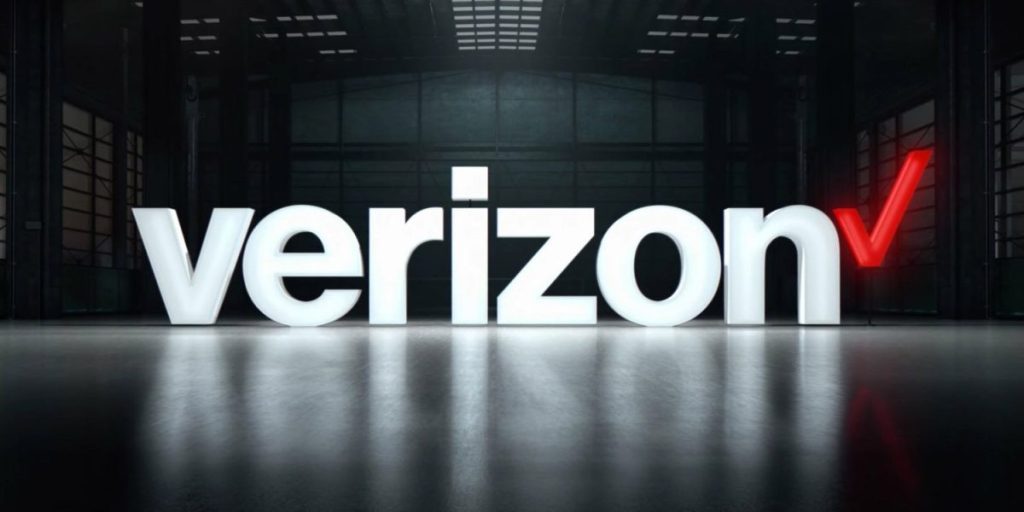The competitive landscape of telecommunications in the United States has recently intensified, with major carriers vying for consumer loyalty. In this high-stakes environment, many telecom companies, including Verizon, have adopted sales strategies that are often criticized for their transparency and ethical implications. While Verizon has positioned itself as a leader through various promotional discounts designed to retain customers, reports suggest a troubling trend: customers are finding that these discounts may not last as promised, leaving them frustrated and financially burdened.
Discounts and Customer Discontent
Verizon’s strategy includes offering loyalty discounts that can range from $10 to $40 per line, enticing users to remain with the service or even to expand their plans. However, numerous customers have reported that these deals often come with strings attached. Critics argue that once users are locked into a new contract, these discounts may be revoked without warning, leaving consumers feeling deceived. An illustrative case from a Reddit user details an experience in which they were offered a substantial discount to prevent them from switching carriers. After signing a new contract, they were shocked to find the discount had vanished, leading to higher monthly bills than anticipated.
- Discounts can start at $10 and go up to $40 per line.
- Many discounts are meant to be valid for 12 months but lack clear expiration dates.
- Customer confusion is heightened by a lack of communication from Verizon regarding discount eligibility.
The situation raises significant concerns about customer trust and satisfaction. Many individuals who initially felt bolstered by enticing offers now express feelings of entrapment, as exiting a contract could incur hefty termination fees or loss of investment in devices purchased through Verizon’s financing programs. A shocking number of complaints have emerged on platforms like Reddit, where users recount similar experiences, painting a pattern of customer dissatisfaction and distrust.
Market Trends and Consumer Reactions
Consumer telecom choices have evolved dramatically, with customers increasingly sensitive to transparent pricing and ethical business practices. As these reports of misleading discounts proliferate, the question remains: how will Verizon respond? With competitive alternatives like T-Mobile and AT&T also vying for consumer loyalty, any misstep could lead to further erosion of Verizon’s customer base. In fact, according to a study by Statista, Verizon held a market share of approximately 34% in the U.S. wireless market as of early 2023, but that share has seen fluctuations as customer loyalty becomes increasingly fickle due to competing offers and practices.
Telecommunication industry analysts suggest that transparency is crucial for carriers wanting to maintain or increase their market share. As competition grows, companies that prioritize customer service and clear communication about offers will likely gain an advantage. Verizon’s current approach may jeopardize its position unless corrective measures are taken. Addressing customer complaints regarding loyalty discounts is essential for rebuilding trust, particularly in an age where online reviews and social media significantly influence public perception.
Recommendations for Customers
For consumers navigating the murky waters of loyalty discounts, several steps can help ensure that they are well-informed and less likely to be caught off guard:
- Document Offers: Keep a record of all offers made by Verizon, including details about duration and eligibility.
- Regularly Review Bills: Monitor monthly statements closely for discrepancies and charges that seem inconsistent with contractual agreements.
- Engage with Customer Service: Don’t hesitate to reach out to Verizon’s customer service for clarifications regarding discounts and account changes.
- Explore Alternatives: Consider researching rival service providers regularly to ensure you are receiving the best value for your needs.
The actions of Verizon in the coming months will be closely scrutinized by both consumers and industry analysts. As loyalty discounts are a double-edged sword—potentially beneficial yet risky—the true challenge lies in maintaining a balance that fosters customer retention while adhering to ethical business practices. Until Verizon addresses these concerns with transparency and accountability, many customers may continue to feel hesitant about their loyalty.
As consumers voice their frustrations and share experiences online, the impact of these discussions could resonate well beyond individual accounts, shaping how telecommunications companies approach customer interactions and loyalty strategies in the years to come.

